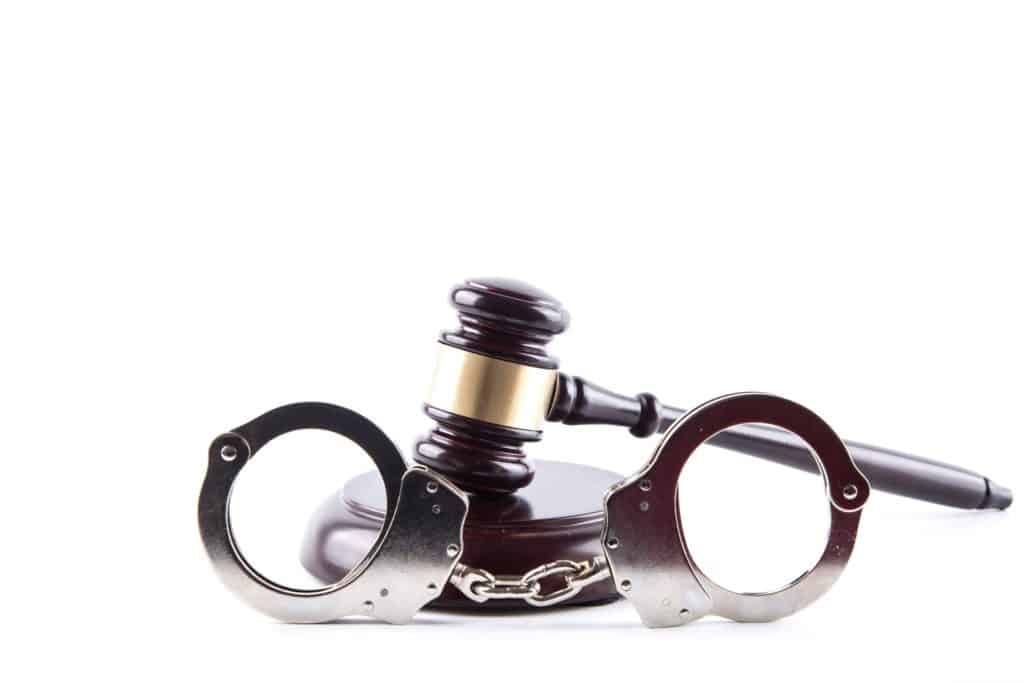A recent twist in a whistleblower complaint against international mining conglomerate Rio Tinto shows the power of U.S. whistleblower laws to fight fraud across the globe.
The Financial Times reports that a former Rio Tinto employee who reported that managers intentionally misled investors about the budget and schedule overruns at a copper mine in the Gobi Desert said he would file complaints with financial regulators in several countries—including the United States.
Rio Tinto disclosed last year that the massive project in Mongolia was roughly two years behind schedule and between $1-2 billion over the estimated cost. However, a whistleblower employed as a Rio Tinto manager in Mongolia says that the disclosure came more than a year after he first alerted the company heads to the problems. He claims he the company fired him in early 2019 as retaliation for pressing the issue internally, then turned to regulators.
Even though the employee is English, the company headquartered in London, and the mine located in Mongolia, U.S. regulators can still prosecute his complaint under U.S. whistleblower laws. American qui tam whistleblower reward laws, such as the Dodd-Frank Act, generally apply to all publicly-traded companies, regardless of their country of incorporation or operation. Laws like the Foreign Corrupt Practices Act (FCPA), which covers foreign bribery, can be used even against privately-held companies.
The global reach of these laws has vastly expanded their success. Nearly 4,000 whistleblowers from 122 countries filed claims in the United States between 2011 and 2019, according to the U.S. Securities and Exchange Commission. FCPA recoveries from non-U.S. companies totaled $7.6 billion between 2016 and 2019, compared to $1.3 billion from U.S. companies.
Rio Tinto has come under SEC scrutiny before. In 2012, another whistleblower informed board members that Rio Tinto executives intentionally hid significant obstacles to the development of a coal mine in Mozambique from board members and auditors ahead of opening the project to U.S. investors. The decline in the mine’s value ultimately led to a multi-billion-dollar loss to investors. The SEC filed fraud charges in 2017 against the company and executives for inflating the value of the mine’s assets. Britain’s Financial Conduct Authority imposed a substantial fine on the company for charges related to the same case.
